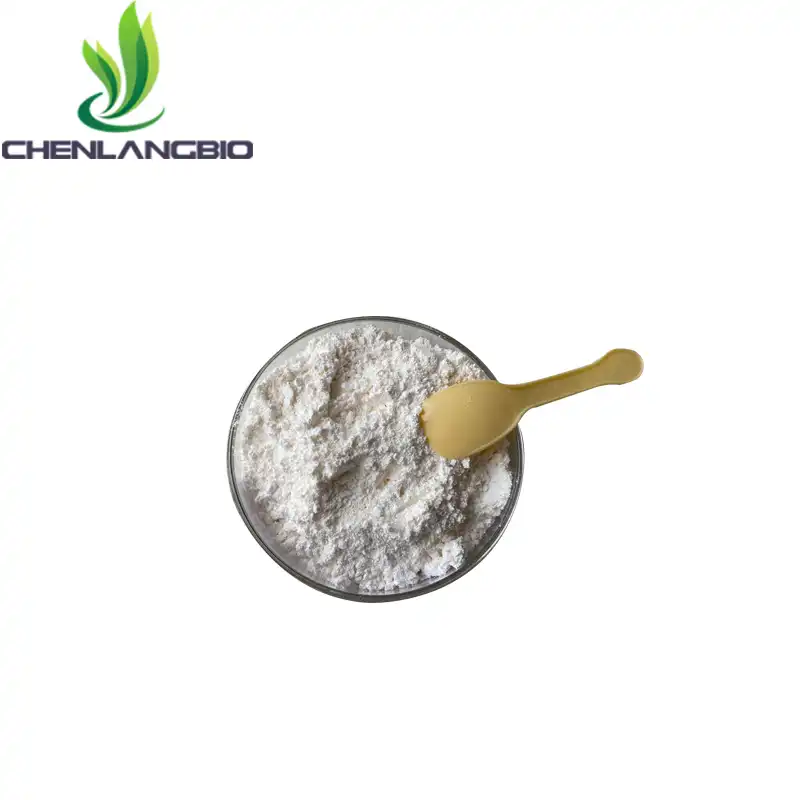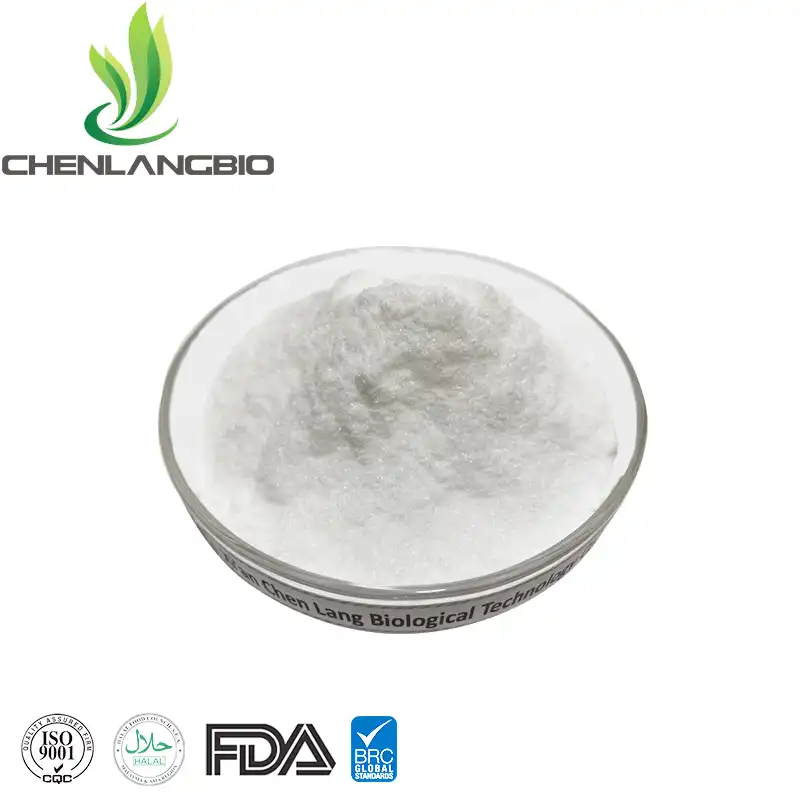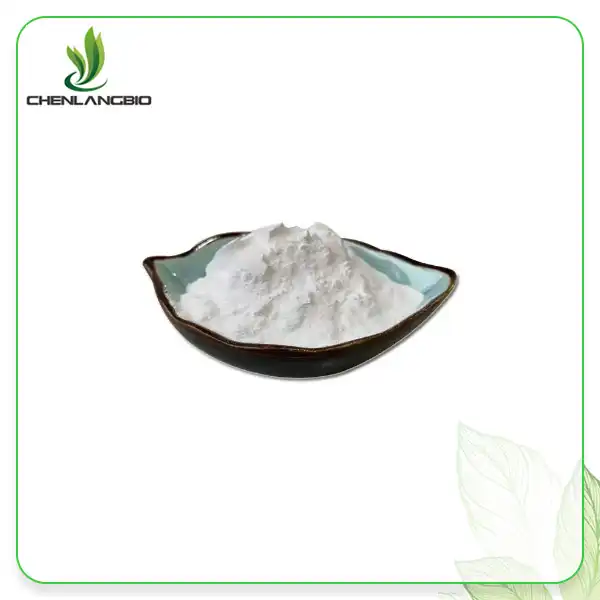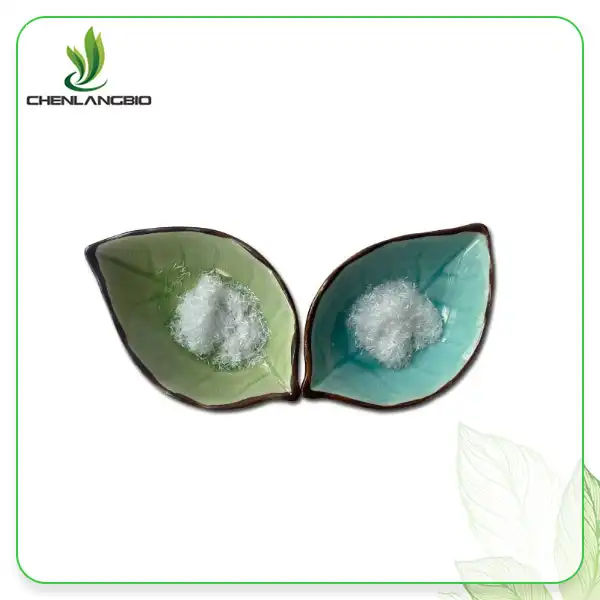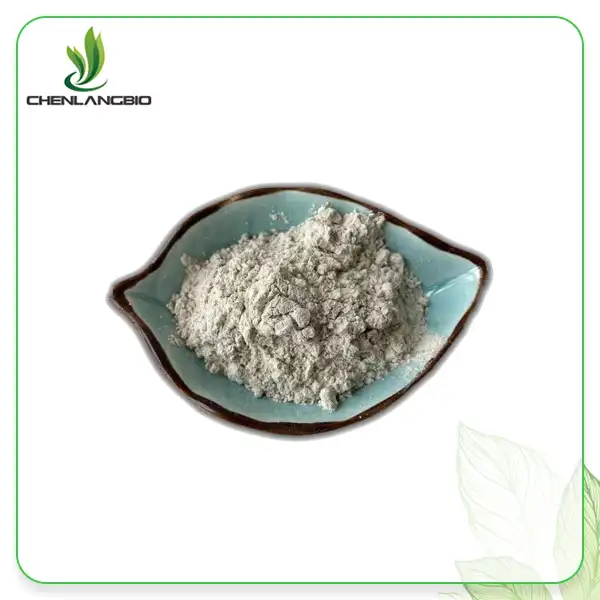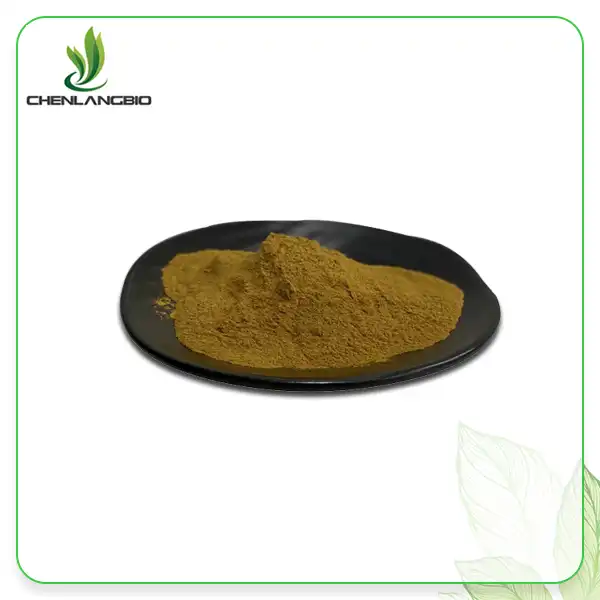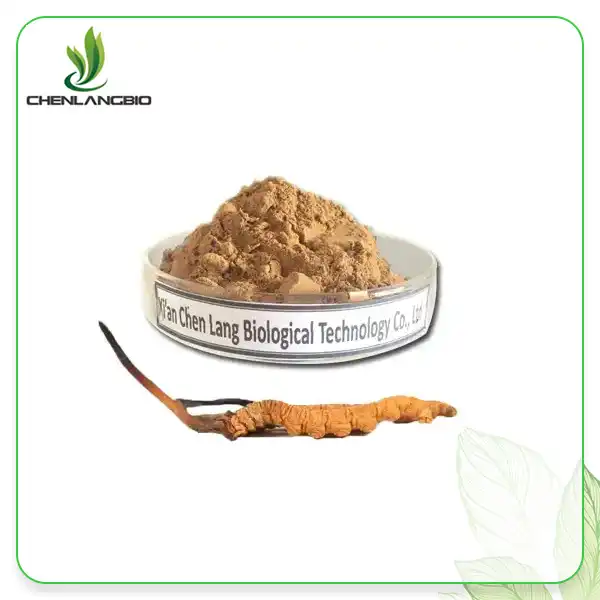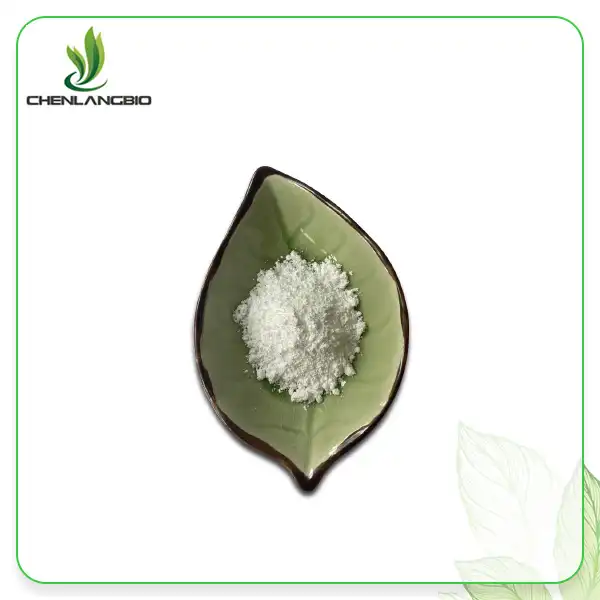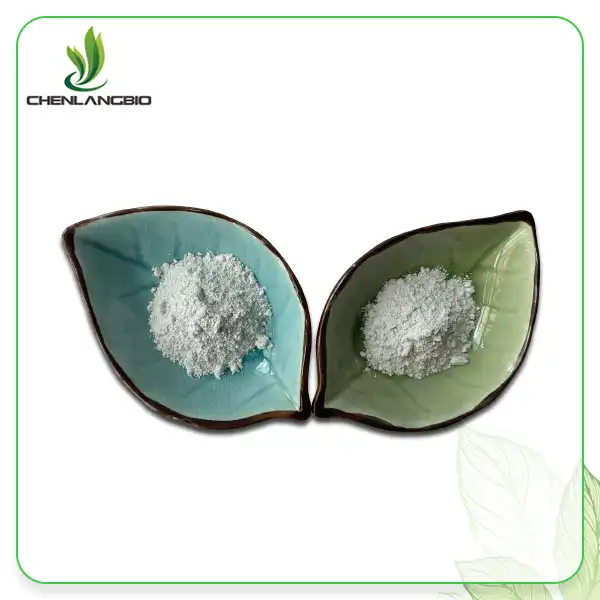Can Humans Take Praziquantel
2024-08-19 14:37:57
Praziquantel is a crucial medication for treating various parasitic infections in humans, including schistosomiasis, liver fluke infections, and tapeworms. Praziquantel powder, it is often formulated into oral tablets or liquid solutions. This article explores the safety, effectiveness, and potential side effects of Praziquantel, highlighting its role in managing parasitic diseases and the importance of proper usage under medical supervision.
Understanding Praziquantel and Its Medical Applications
Praziquantel is a highly regarded medication extensively used for treating a range of parasitic infections in humans. Its efficacy is particularly notable against various parasitic worms, including those responsible for schistosomiasis, liver fluke infections, and tapeworms. Schistosomiasis, caused by blood flukes of the genus Schistosoma, is a major global health concern, particularly in tropical regions. Liver flukes, which can lead to serious liver conditions, and tapeworms, which can affect the digestive system, are also effectively managed with Praziquantel.
In its raw form, known as praziquantel powder, the medication serves as a crucial component in the formulation of oral tablets and liquid solutions. This versatility allows for its adaptation to various treatment regimens and patient needs. Praziquantel functions by causing significant damage to the parasites’ tegument, the outer protective layer, which leads to their disintegration and eventual elimination from the host body. This mechanism of action is essential for effectively eradicating the parasites and alleviating the infections they cause.
Proper use of Praziquantel is vital for achieving optimal results. This includes adhering to prescribed dosages and understanding the specific requirements of different infections. For instance, the dosage and duration of treatment can vary depending on the type of parasite and the severity of the infection. Therefore, it's imperative that patients follow their healthcare provider's instructions meticulously. Misuse or incorrect administration can compromise the treatment's effectiveness and potentially lead to treatment failure or resistance. By ensuring accurate usage, Praziquantel remains a powerful and effective tool in combating parasitic diseases and improving patient health.
Safety and Effectiveness of Praziquantel for Humans
Praziquantel is an exceptionally respected drug that is much of the time used to treat different human parasitic diseases. It is particularly compelling against various parasitic worms, including schistosomiasis, liver accident diseases, and tapeworms. Schistosomiasis, achieved by blood mishaps of the assortment Schistosoma, is a critical overall prosperity concern, particularly in tropical districts. Tapeworms, which can harm the digestive system, and liver flukes, which can lead to serious liver conditions, are also effectively treated with praziquantel.
When making oral tablets and liquid solutions, praziquantel powder—the drug in its raw form—is an essential component. Its flexibility to different treatment plans and patient necessities is made conceivable by its adaptability. The tegument, the outer protective layer of the parasites, is significantly damaged by praziquantel. The parasites break down as a result, eventually leaving the host body. This mechanism of action is required to effectively eliminate the parasites and alleviate their infections.
To get the most out of praziquantel, it needs to be used correctly. This means taking the prescribed doses and knowing what each infection needs. Treatment duration and measurements, for instance, can vary based on the type of parasite and the severity of the disease. Consequently, patients are obligated to strictly adhere to their healthcare provider's instructions. Assuming that the treatment is abused or given mistakenly, its viability might be compromised, prompting treatment opposition or disappointment. Praziquantel stays a powerful device in the battle against parasitic illnesses and for long haul wellbeing since it guarantees exact use.
Potential Side Effects and Precautions
Praziquantel is generally well tolerated, but it may have some negative effects. Normal responses incorporate queasiness, migraine, discombobulation, and stomach inconvenience. Although these effects are typically mild and brief, it is critical to seek medical attention if they persist or worsen. In uncommon cases, patients could encounter more serious secondary effects like hypersensitive responses, liver brokenness, or seizures. Side effects like extreme stomach agony, jaundice, or steady heaving ought to provoke prompt clinical conference.
Praziquantel can also interact with other drugs, which could make it less effective or make it more likely to cause side effects. Certain antacids, for instance, might affect how well it is absorbed, which could make the medication less effective. A comprehensive list of all medications, including those purchased over-the-counter and herbal supplements, should be provided by patients to their healthcare provider. This makes sure that any possible drug interactions are found and dealt with appropriately.
It is fundamental for patients to follow their recommended treatment plan carefully. The medication's efficacy may be compromised and treatment may be unsuccessful if you exceed the recommended dosage or frequency. In order to monitor the patient's response to the medication and make any necessary adjustments to the treatment plan, regular follow-up appointments may be required. Patients can effectively manage their conditions while minimizing the risks associated with praziquantel powder by maintaining open communication with healthcare providers and adhering to prescribed guidelines.
Conclusion
All in all, Praziquantel stays an essential drug for treating different parasitic contaminations, praziquantel powder exhibiting its viability and wellbeing when utilized as coordinated. Its capacity to target and kill parasites is significant in overseeing conditions like schistosomiasis and tapeworm diseases. Notwithstanding, checking for aftereffects and keeping up with correspondence with medical services suppliers are fundamental for advancing therapy results and limiting potential dangers related with the drug.
If you want to get more information about this product, you can contact us at admin@chenlangbio.com.
References
1.Keiser, J., & Utzinger, J. (2008). Efficacy of praziquantel against schistosomiasis in humans. Expert Review of Anti-infective Therapy, 6(5), 665-679.
2.World Health Organization (WHO). (2021). Praziquantel: Information on the use and effectiveness of the drug. WHO Essential Medicines, Report Series.
3.Doenhoff, M. J., Sartorius, B., & Tchuem-Tchuenté, L. A. (2019). Praziquantel: Efficacy and safety in the treatment of schistosomiasis. International Journal for Parasitology, 49(11), 911-921.
4.Michaud, C. M., & Marston, L. M. (2015). Safety profile of praziquantel: A systematic review. Drug Safety, 38(4), 335-347.
5.Griffiths, S., & Sokol, R. J. (2017). Clinical applications and guidelines for praziquantel in the treatment of helminth infections. Current Opinion in Infectious Diseases, 30(5), 537-545.
6.Blum, J., & Tschopp, A. (2010). Praziquantel: From discovery to present use. Pharmaceuticals, 3(4), 1614-1632.
Send Inquiry
Related Industry Knowledge
- What are the Benefits of Using Kojic Acid Dipalmitate?
- Can Resveratrol Prevent Cancer?
- How Should Resveratrol Extract Powder be Consumed?
- How Lupinus Albus Extract Supports Weight Management
- How Does Loratadine Affect the Brain
- What to Avoid When Using Bakuchiol
- What is Nuciferine
- What is the Most Effective Skin Whitening Sepiwhite Powder MSH
- Apple Polyphenol Extract Benefits
- What Functions of Cnidium Monnieri fruit Extract Powder

